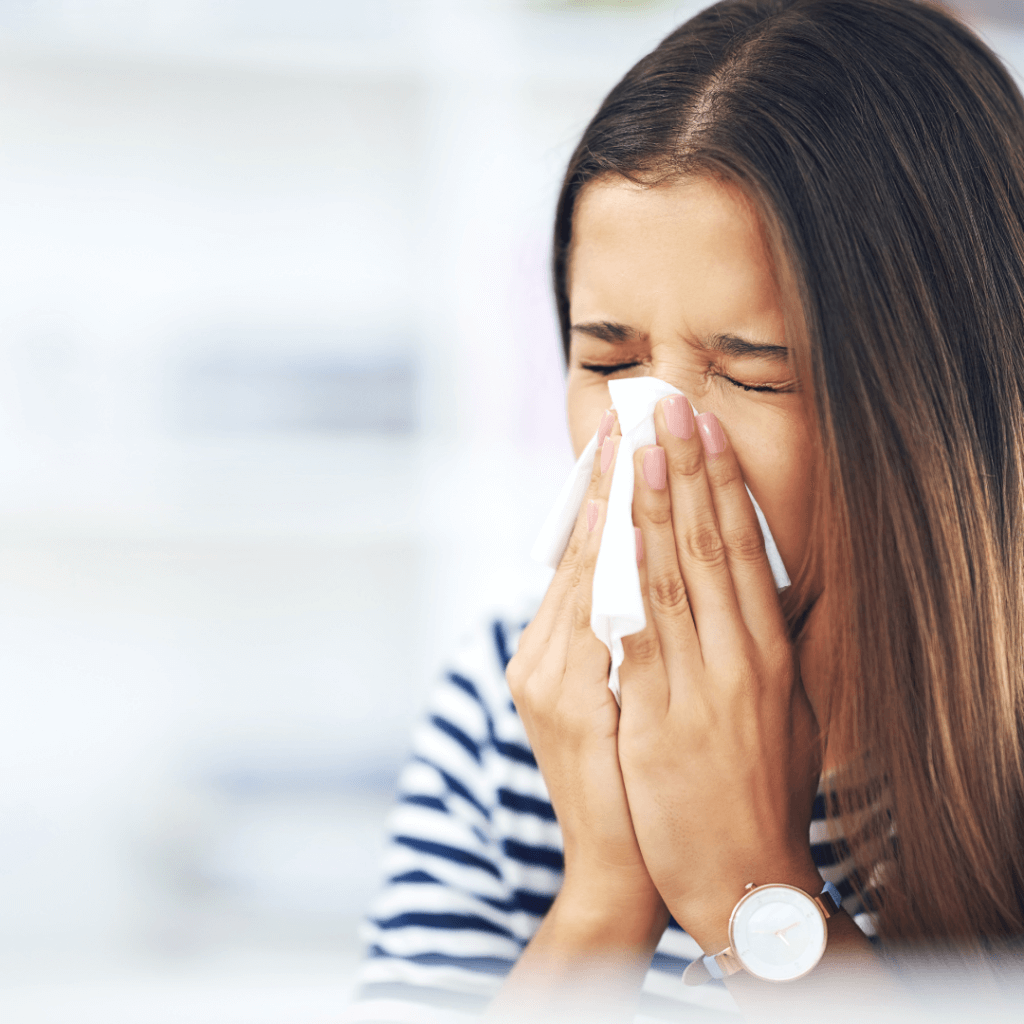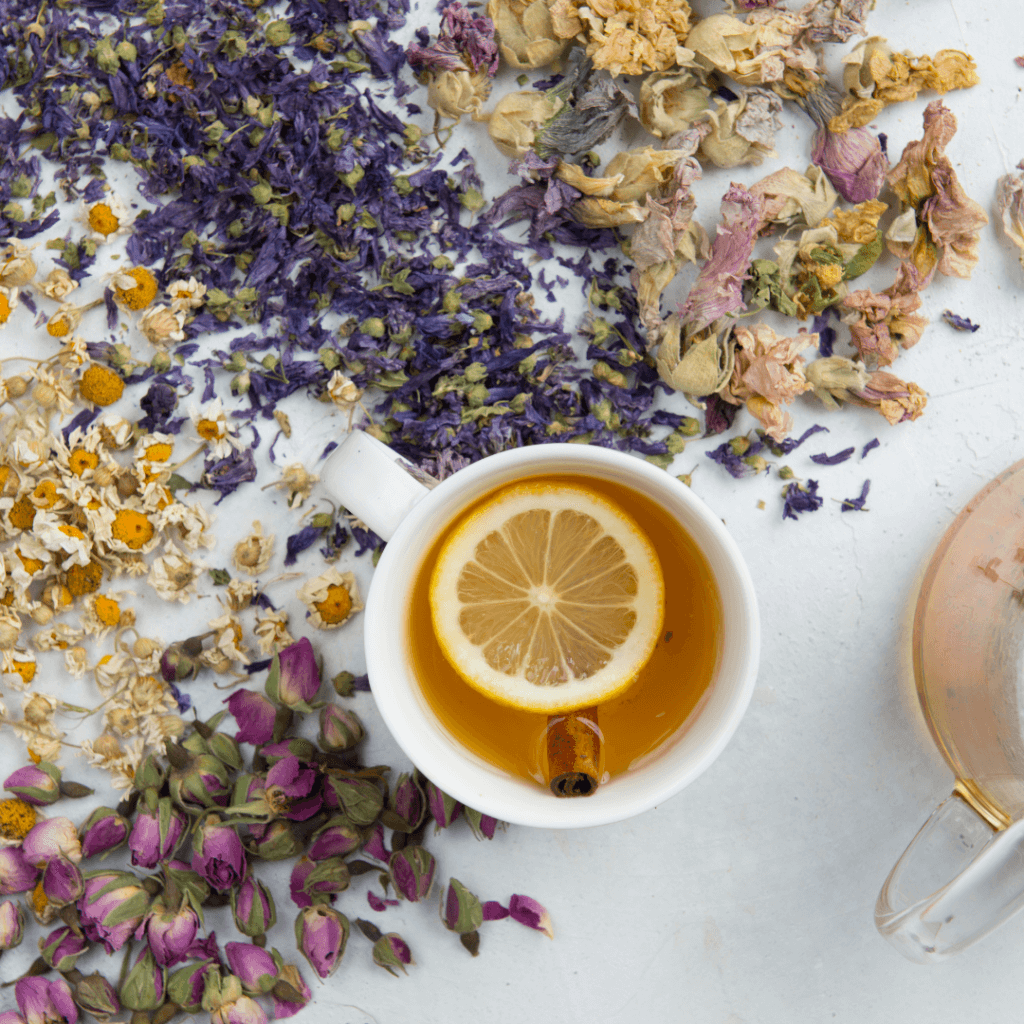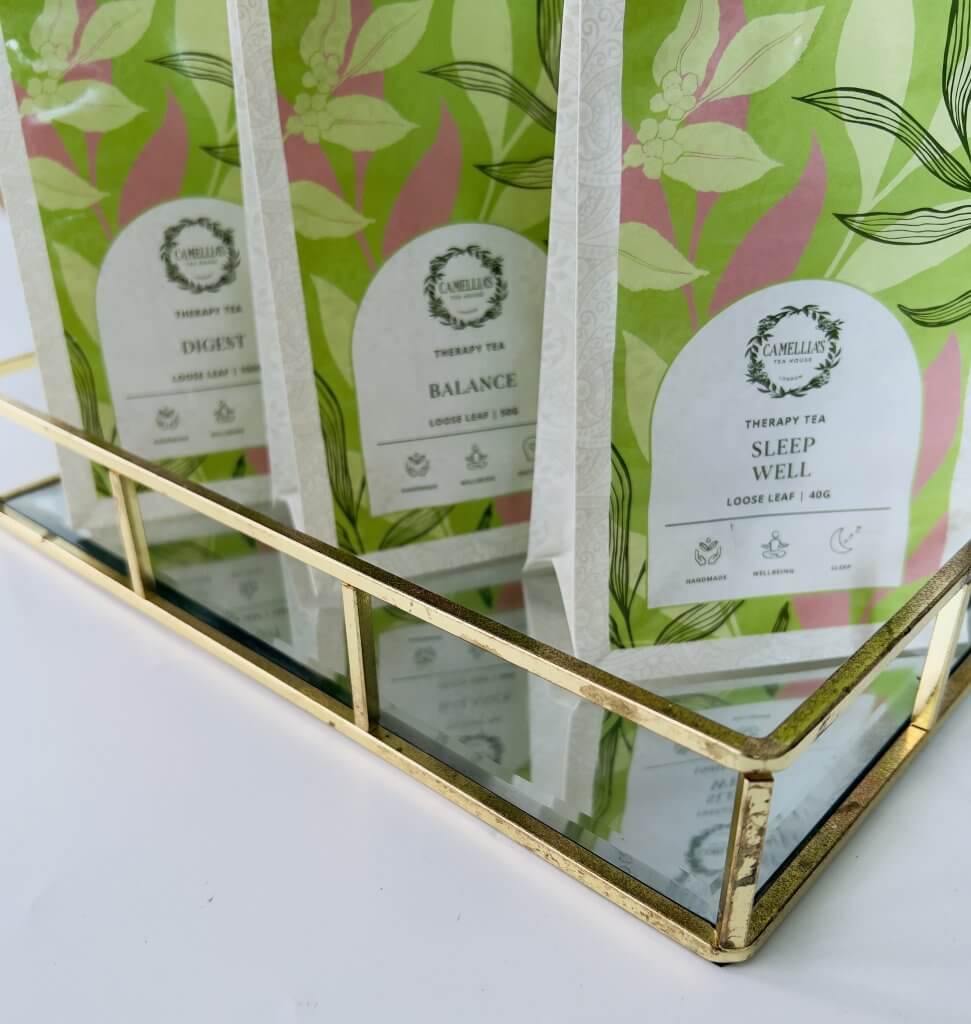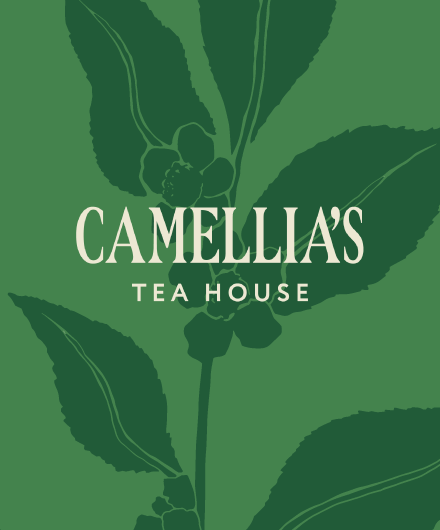Why is our body more acidic during Menopause?

During menopause, there is a decrease in the production of oestrogen, which can lead to changes in the body’s acid-base balance. Oestrogen plays a role in regulating the number of bicarbonate ions in the blood, which helps to neutralise acids and maintain a healthy pH balance.
When oestrogen levels fall, the amount of bicarbonate ions also decreases, making the body’s environment more acidic. Numerous symptoms, such as hot flushes, mood swings, and sleep disturbances, may result from this.
In addition, the kidneys, which are in charge of eliminating acids from the body, naturally work less well as women age. Additionally, this may cause the acidity to rise.
Can an acidic body increase inflammation?
Acidity can contribute to inflammation in the body, but whether it specifically creates inflammation during menopause is not clear.
Inflammation of internal body systems during Menopause
Oestrogen and progesterone levels fall during menopause, which may have an impact on the immune system and cause inflammation to rise. The immune system’s normal response to damage or infection is inflammation, but when it persists for a long time, it can cause a variety of health issues, including diabetes, heart disease, and arthritis.
According to studies, pro-inflammatory cytokines—molecules that instruct the immune system to create inflammation—increase in concentration in menopausal women.
Gut health and the menopause

Menopause can have a significant impact on gut health. The hormonal changes that occur during menopause can lead to changes in the composition of gut bacteria, as well as changes in the structure and function of the digestive system.
Oestrogen has been shown to have a protective effect on the gut, helping to maintain the integrity of the gut lining and supporting the growth of beneficial gut bacteria. As oestrogen levels decline, the gut lining can become more permeable, allowing toxins and harmful bacteria to enter the bloodstream and cause inflammation.
Additionally, menopause is often associated with changes in diet and lifestyle, which can also impact gut health. For example, women may be more likely to experience weight gain during menopause, which can alter the balance of gut bacteria and increase the risk of conditions like metabolic syndrome.
Fortunately, there are steps women can take to support their gut health during menopause. Eating a diet rich in fibre and fermented foods, taking probiotics or prebiotics, and staying physically active can all help to promote a healthy gut microbiome.
Allergies and Menopause – Is there a connection?

It is possible for allergies to get worse during menopause. Menopause is a time of significant hormonal changes in a woman’s body, and these changes can affect the immune system and make it more reactive to allergens.
These changes can cause a woman’s body to become more sensitive to allergens and can exacerbate existing allergies or trigger new ones. In addition, menopause can also cause changes in the respiratory system, making it more susceptible to allergens and other irritants.
Self-care during menopause

It’s crucial to keep up a balanced diet and lifestyle throughout menopause to promote the body’s acid-base balance, which will assist regulate acidity and lessen inflammation. Regular exercise, a diet full of anti-inflammatory foods like fruits, vegetables, and whole grains, and stress reduction techniques like yoga or meditation are all beneficial for controlling the symptoms.
How can natural remedies help menopause?

Herbal teas have been traditionally used to alleviate symptoms associated with menopause, such as hot flushes, mood swings, and insomnia. Here are some ways in which herbal teas may be helpful during menopause:
Hot flushes: Herbal teas such as black cohosh, red clover, and sage have been found to reduce the frequency and severity of hot flushes. These herbs contain compounds that mimic oestrogen in the body, which can help regulate the body’s temperature and reduce the intensity of hot flushes.
Green tea contains certain compounds, such as polyphenols and flavonoids, that have been suggested to have potential health benefits, including the reduction of hot flushes associated with menopause. One study published in the Journal of Obstetrics and Gynaecology in 2014 found that green tea consumption significantly reduced the frequency and severity of hot flushes in postmenopausal women. Overall, while green tea may have some potential benefits for menopausal women, further research is needed to determine the optimal dosage and long-term effects.
Sleep disturbances: Valerian root and passionflower are two herbs that have been traditionally used to promote relaxation and improve sleep quality. These herbs may help alleviate sleep disturbances that are common during menopause.
Bone health: Menopause can increase the risk of osteoporosis, a condition in which bones become weak and brittle. Herbal teas such as red clover and horsetail are rich in minerals such as calcium, magnesium, and silica, which can help support bone health and reduce the risk of osteoporosis.
Gut Health: Several herbs that are believed to promote gut health such as ginger, peppermint, chamomile, and fennel. These herbs have been used traditionally to help with bloating, indigestion, cramping, inflammation, and flatulence.
Additionally, some women may find hormone replacement therapy (HRT) to help alleviate menopausal symptoms and reduce inflammation.
Tea recommendations:

We have come up with the following teas that may help you manage symptoms of menopause…
Hot flushes – Nettle, red clover, milk thistle, hibiscus, and rose are among the herbs in Cleanse tea that have cooling and cleansing properties. Dragonwell is a high-quality, excellent green tea with mild, sweet, and earthy undertones with a characteristically vegetal finish.
Insomnia – In order to encourage relaxation and a restful night’s sleep, the ingredients in award-winning Sleep Well tea include chamomile, passionflower, valerian, and other herbs.
Bone health – Horsetail and rosemary are two essential elements in Hair and Nails. Oat straw, nettle, chamomile, ginger, lavender, lemon peel, rose hips, and hibiscus flowers are all included. They are abundant in minerals and silica, which maintain the health of the bones.
Gut Health – With the addition of star anise and liquorice, the digestive tea combines the two essential functional components of spearmint and rose hips. Clean and energising Digest tea has deep star anise undertones and sweet liquorice flavours.
To conclude…
This blog’s objective is not to promote our teas, but to reach out to everyone going through the menopause and let them know that there are treatments available that women have been using to help them through the transition into the next stage of life since the beginning of mankind.
Disclaimer
This website contains general information about the traditional use of herbal teas. The information is not advice and should not be treated as such. If you have any specific questions about any medical matter, you should consult your doctor or other professional healthcare providers.








COMMENTS